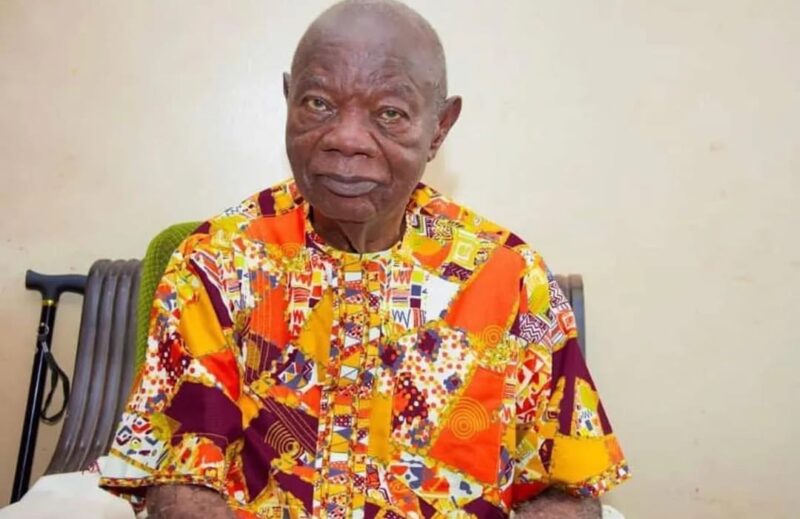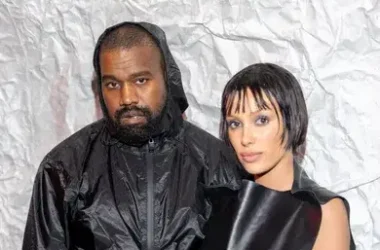Popular Nigerian highlife icon, Mike Ejeagha, has died at the age of 95. His first son, Emmanuel Ejeagha, confirmed the news to journalists on Saturday, explaining that the respected musician passed away on Friday evening after battling a long-term illness.
Mike Ejeagha died at around 8 p.m. at the 32 Garrison Military Hospital in Enugu, where he had been receiving treatment.
“My father passed away due to a long-standing ailment,” Emmanuel said.
Ejeagha, often called “Gentleman, Mike Ejeagha,” was known for his unique sound, a fusion of storytelling and traditional Igbo folk rhythms. His music, often described by the rhythm “gwogwogwom-gwo,” carried deep cultural and moral messages. It made him a beloved figure not only among older fans but also younger listeners who recently discovered his songs through social media.
Born on April 4, 1930, in Imezi Owa, a town in Ezeagu Local Government Area of Enugu State, Mike Ejeagha began his musical journey in the early 1960s. His style quickly set him apart in the Nigerian music scene. He became a household name during the 1960s through the 1980s with songs such as Omekagu, Uwa Mgbede Ka Mma, and Ka Esi Le Onye Isi Oche (Gwogwogwom).
He recorded more than 300 songs in his lifetime, many of which are now preserved in the National Archives of Nigeria. These songs are not only remembered for their melodies but also for the lessons and proverbs they carried—many of them based on real-life situations and traditional Igbo values.
In 2024, a viral dance challenge featuring his 1983 song Ka Esi Le Onye Isi Oche brought Ejeagha back into the limelight. This trend helped a new generation of Nigerians appreciate his musical genius and the deep cultural roots of his work.
His death marks the loss of a music legend, but his work continues to live on. His storytelling through song and his commitment to preserving Igbo culture made him an important figure in Nigerian history.










